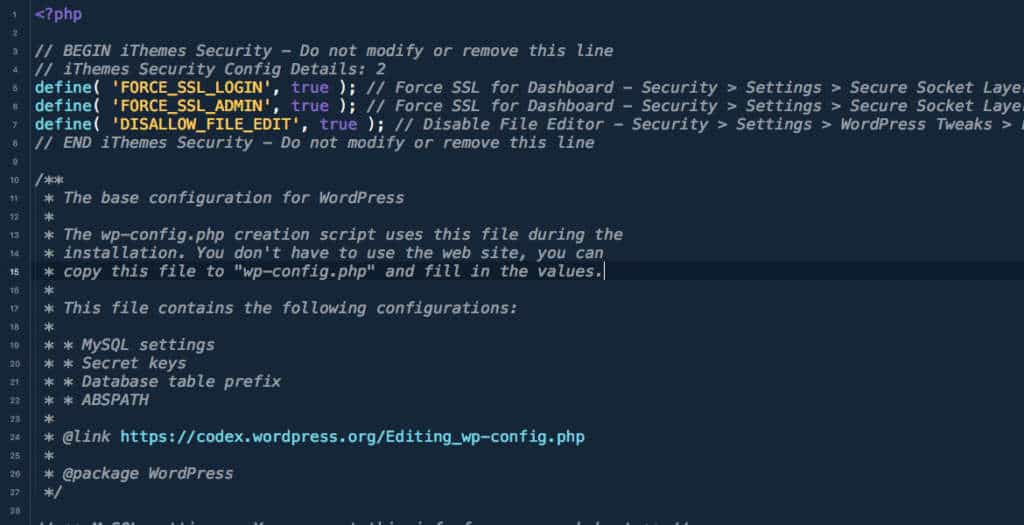A lot of decisions get made in Wellington. Many of them affect people’s lives, and sometimes the people who are affected by those decisions aren’t happy, and want the right to appeal. Many such appeals are heard in the courts, but others are heard by specialist appeal bodies. Those bodies hear the evidence, then make and (usually) publish their decisions.
These published decisions serve two purposes: they tell the appellant and all the other parties what the decision was, and they also serve to show other potential applicants what arguments are and aren’t likely to prevail in such cases.
Sets of decision such as these are a special case of content, because they have more stringent than usual requirements to follow a standard format and use standard terminology. Quasi-legal decision-making bodies typically start out publishing their decisions on their website as individual documents by hand. Before long, though, the number of decisions grows to the point that publishing them by hand is inefficient, and users need search access to find those decisions.
And that is typically where Webstruxure steps in.
Webstruxure’s very first client in 2001 was the Refugee Status Appeals Authority (RSAA). They asked us to help them get their Appeal decisions online in a way that was useful both for the public, and as a legal search tool to help progressively reduce the incidence of appeals by setting clear precedents.
The solution was highly successful, to the extent that it was adopted as a blueprint for services built by Ministry of Justice when they absorbed the RSAA and related tribunals in 2011. Meanwhile, we put what we’d learned to use on other projects. One of these was the decision search tool for the Real Estate Agents Authority (REAA)
The REAA does a very necessary job. To quote from its website:
We are the independent government agency that regulates the New Zealand real estate industry. Our job is to promote a high standard of service and professionalism in the real estate industry and help protect buyers and sellers of property. We provide information for buyers and sellers, provide guidance for agents and deal with complaints about agents’ behaviour.
The REAA needed to publish its decisions, and to do so in a way would help real estate agents make better choices before exposing themselves to complaint. The project consisted of two parts: repurposing the search engine and administrative functions that we built for RSAA and designing a user interface that fitted the target audiences for the new tool.
We first saw the value of formal user testing with RSAA and encouraged a similar exercise with REAA. Having built a working prototype of the search tool, we wanted to make sure that the search experience previously used was still valid.
Webstruxure’s content strategist Tim Jones worked with REAA to help them select representative users. We needed to test both legal and ‘general public’ users, from homeowners to real estate agents and lawyers, and from low to high digital literacy. Tim also worked with the client to prepare the test script, while our developer Trevor George ran the actual tests under observation.
The test script asked users to perform a number of tasks, for a number of use-cases, for example:
- Find out if a complaint has been upheld and whether you have been awarded any payment as a result
- You own a rental property and you want to find out if your chosen property manager has any complaints upheld against them
- You’re a lawyer specialising in real estate and you want to find out about previous rulings against your current client
- You’re a real estate agent who has had a complaint made against you, and you want to find information about the decision published
- As a journalist, you’re writing a story to investigate claims about dodgy real estate deals, and can you find the information you require.
Testers observed users working with a high-fidelity prototype of the tool, and asked them to talk through their thinking processes as they worked their way around the information they needed to get to, including if and when they were stuck. The information the testing provided helped to identify where users were finding the prototype tool confusing or hard to understand, and also any elements they found particularly helpful.
A key thing we learned was the need to simplify the language used – for example changing the existing tool name and associated wording from “Complaints Determination” to “Complaints Decision” – and to remove legal jargon to make the language very clear for the general public.
Further to this, the user testing uncovered the shift in user expectation (since the implementation for RSAA a decade prior) around how users wanted to interact with Search, and what a search engine should look like.
Whereas RSAA was essentially a legal librarians’ tool which had been simplified for public use, the entry point for REAA had to be something modelled on Google, because a simple box and ‘GO’ button had become the de-facto standard for Search.
It isn’t just Government bodies that make and publish decisions. Utilities Disputes Limited Tautoheteho Whaipainga, an industry body set up to resolve disputes between electricity or gas consumers and their providers, was until recently known as the Electricity and Gas Complaints Commissioner Scheme (EGCC) – and it was a combination of the EGCC’s subject matter knowledge and Webstruxure’s expertise in decision search systems that powered EGCC’s decision search and publishing tool, and indeed the whole EGCC website. In a complex and sometimes contentious sector, this was a real help to consumers and providers alike.
If you’re a decider, and you need help making your decisions known and understood, talk to us.
Webstruxure is here to make the web work smarter. Let us know how we can help you for user friendly, mobile friendly and search engine friendly websites. Our services include:
Web design
Content strategy
User experience

Tim works as a content strategist and project manager for Webstruxure, helping clients make sure their websites meet user needs and business goals. He is also a published author of fiction and poetry, with seven books published, and has co-edited two poetry anthologies. You can find out more about Tim’s writing on the New Zealand Book Council website.
